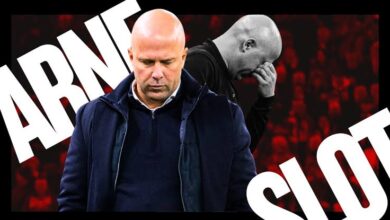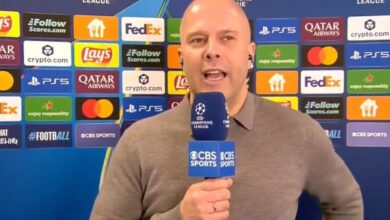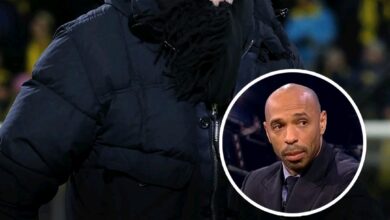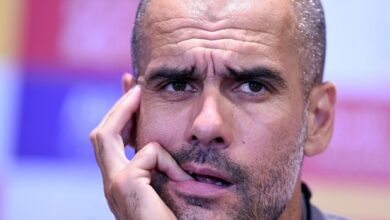The Rodri Debate: Carrick’s Controversial Take on Manchester City’s Ballon d’Or Winner
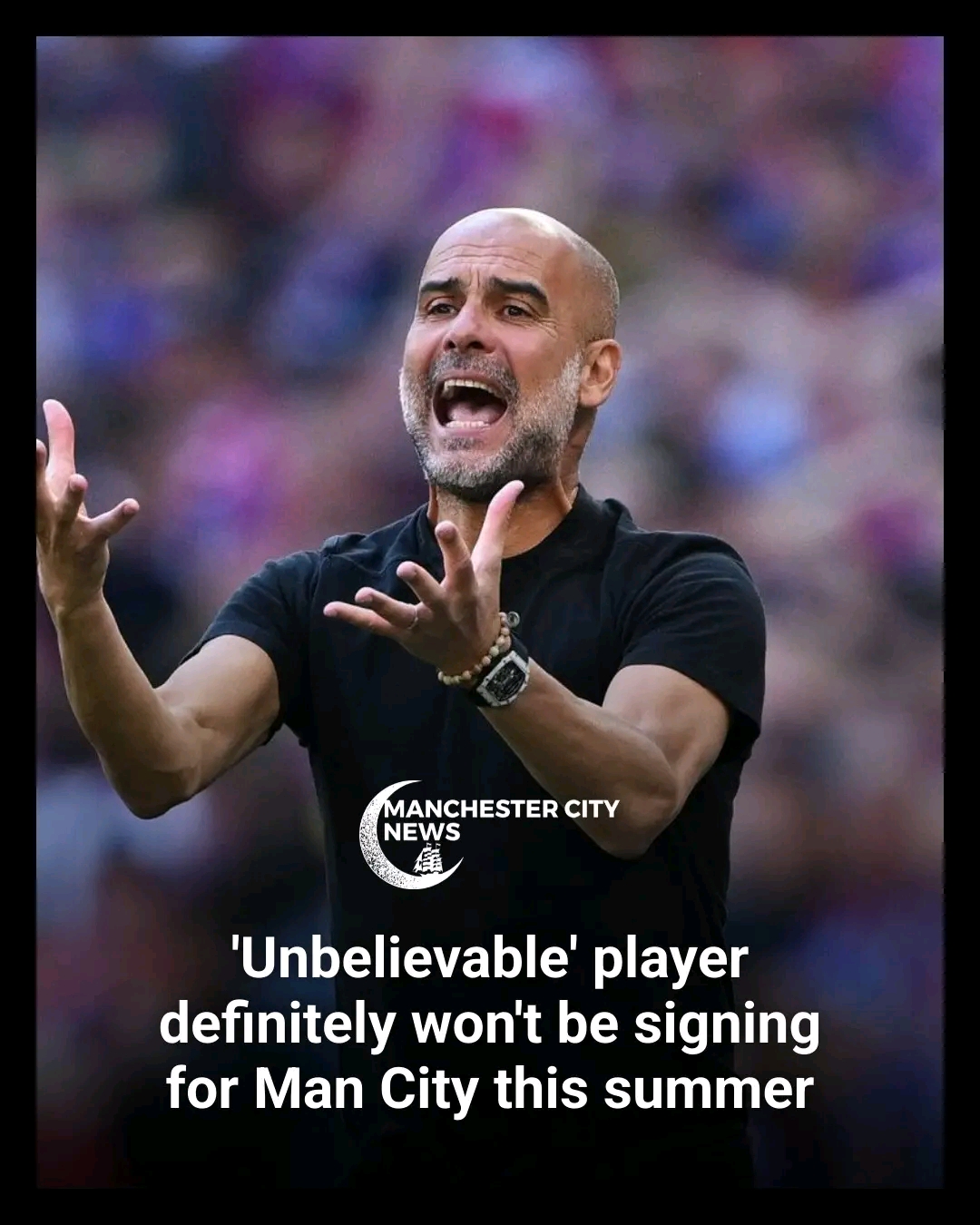
The modern football landscape is filled with debates about player quality, tactical importance, and individual brilliance. Few discussions, however, have sparked as much intrigue as former Manchester United and England midfielder Michael Carrick’s recent comments about Manchester City’s Rodri. In a candid interview on Rio Ferdinand’s YouTube channel, Carrick suggested that while Rodri is undoubtedly “incredible,” the narrative surrounding his importance to Manchester City has become somewhat “exaggerated” and “gone a bit extreme.”
These comments have ignited a fascinating debate about one of football’s most influential players, raising questions about perception versus reality in modern football analysis. Rodri, the 2024 Ballon d’Or winner and arguably the world’s premier defensive midfielder, has become synonymous with Manchester City’s unprecedented success under Pep Guardiola. Yet Carrick’s perspective offers a unique lens through which to examine the Spanish international’s true impact and the broader discourse surrounding elite midfield play.
To understand the context of Carrick’s comments, one must first appreciate the remarkable journey that has brought Rodri to the pinnacle of world football. The Spanish midfielder’s career trajectory has been nothing short of extraordinary, transforming from a promising talent at Villarreal to the centerpiece of Manchester City’s midfield dominance.
Rodri’s development has been characterized by consistent improvement and adaptation to increasingly demanding tactical systems. His early years in Spanish football provided the foundation for his technical skills and positional awareness, while his brief stint at Atletico Madrid under Diego Simeone introduced him to the defensive rigors of elite European competition. However, it was his 2019 move to Manchester City that truly unlocked his potential as a world-class operator.
Under Pep Guardiola’s tutelage, Rodri has evolved into a player who embodies the perfect synthesis of defensive solidity and creative distribution. His ability to read the game, break up opposition attacks, and initiate City’s build-up play from deep positions has made him indispensable to the team’s tactical structure. The Spanish international’s consistent performances across multiple competitions have earned him widespread acclaim and established him as the benchmark for modern defensive midfield play.
The statistical evidence supporting Rodri’s excellence is overwhelming. His pass completion rates consistently hover above 90%, while his ability to win aerial duels and make crucial interceptions has provided City with the defensive stability necessary for their attacking players to flourish. Moreover, his goal-scoring contribution from midfield has added an extra dimension to City’s offensive capabilities, with several crucial strikes in important matches highlighting his complete skill set.
Michael Carrick’s comments about Rodri being potentially overrated represent a nuanced take on modern football analysis rather than a direct criticism of the Spanish midfielder’s abilities. The former Manchester United captain’s perspective stems from his observation that the narrative surrounding Rodri’s importance to Manchester City has sometimes overshadowed the collective nature of the team’s success.
Carrick’s argument centers on the idea that while Rodri is undoubtedly an exceptional player, the emphasis placed on Manchester City’s struggles in his absence may have created an exaggerated perception of his individual impact. This perspective reflects a deeper understanding of football as a collective sport where success depends on the harmonious functioning of all eleven players rather than the dominance of any single individual.
The Middlesbrough manager’s comments also reveal his appreciation for the subtle aspects of Rodri’s game that might be overlooked by casual observers. Carrick’s analysis of how Rodri “makes it look simple” demonstrates a professional understanding of the complexity involved in executing seemingly straightforward passes and defensive actions. This insight comes from someone who operated in a similar role during his playing career and understands the mental and technical demands of playing as a deep-lying midfielder.
Furthermore, Carrick’s observation that the discourse around Rodri has “gone a bit extreme both ways” suggests that both excessive praise and unfair criticism can distort the reality of a player’s contribution. This balanced approach reflects the former England international’s maturity as a football analyst and his ability to separate emotion from objective assessment
One of the most compelling aspects of Carrick’s analysis concerns his description of Rodri’s tactical intelligence and spatial awareness. The former Manchester United midfielder’s observation that Rodri “sees the game from up high, almost looking down on it” captures the essence of what separates elite midfielders from merely good ones.
This ability to maintain a bird’s-eye view of the proceedings while actively participating in them represents one of football’s most valuable skills. Rodri’s capacity to process multiple streams of information simultaneously – tracking opposition movements, identifying teammate positions, and calculating optimal passing angles – allows him to make decisions that appear effortless but require extraordinary mental processing power.
Carrick’s comparison between players who rely on “instinct” versus those who possess comprehensive field vision highlights the evolution of the modern midfielder role. While reactive players might excel in individual duels or moments of brilliance, players like Rodri influence the entire tactical shape and rhythm of their team through superior anticipation and decision-making.
The Spanish midfielder’s positioning is particularly noteworthy in this regard. His ability to occupy spaces that simultaneously provide defensive cover and passing options reflects a deep understanding of positional play principles. This tactical intelligence allows Manchester City to maintain their aggressive high line while ensuring adequate protection against counter-attacks, a balance that requires constant adjustment and communication.
While Carrick’s comments focus on the potential exaggeration of Rodri’s impact, the statistical evidence provides substantial support for the Spanish midfielder’s exceptional influence on Manchester City’s success. The data reveals patterns that extend beyond traditional metrics to encompass more sophisticated measures of player impact.
Manchester City’s win percentage with Rodri in the starting lineup significantly exceeds their record without him, a statistic that has fueled much of the narrative Carrick questions. However, these numbers require careful interpretation, as correlation does not always imply causation. The team’s struggles in Rodri’s absence might reflect broader tactical adjustments or the absence of other key players rather than solely his individual contribution.
More revealing are the advanced metrics that measure Rodri’s influence on team performance. His progressive passing statistics, which track forward passes that advance the ball toward the opposition goal, consistently rank among the highest for players in his position. Similarly, his defensive actions per game, including interceptions, tackles, and aerial duels won, demonstrate his comprehensive contribution to City’s defensive structure. The Spanish international’s heat maps reveal his exceptional mobility and positioning throughout matches. Unlike more static defensive midfielders, R






